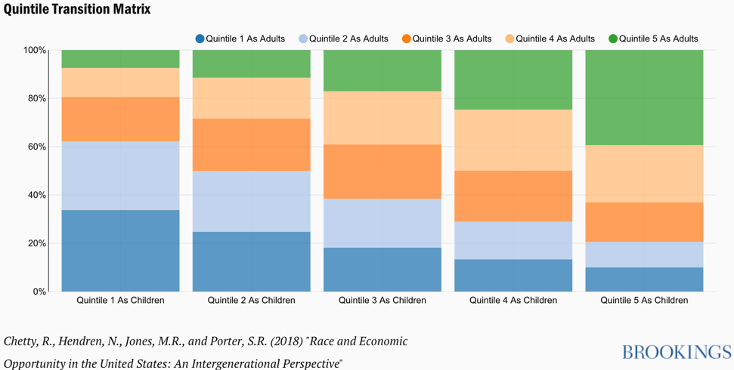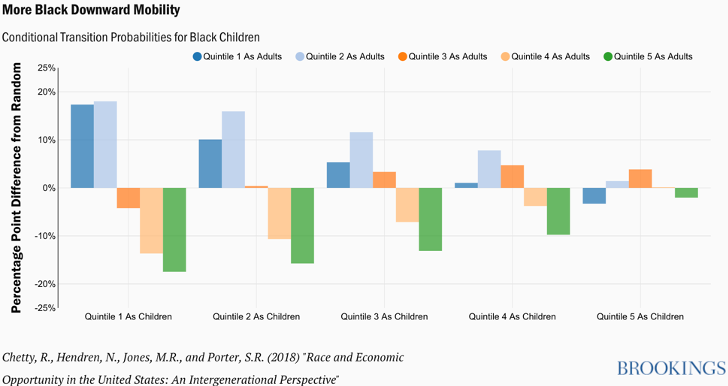I find myself reflecting more than usual, which I attribute to recent events:
- The continued local Minneapolis, USA-wide, and global protests against racial inequality and institutionalized racism,
- The July 4th US holiday weekend celebrating the independence of USA as a county, in contrast to Juneteenth celebrating independence for all persons,
- Numerous companies, including SPS, replacing terms with racial etymology such as ‘master,’ ‘slave,’ ‘whitelist,’ and ‘blacklist,’ or completely changing or replacing brands
- and many more such as “teaching” our children remotely highlighting challenges with access to necessary tools and our education gap, the extreme polarization of politics and civil unrest, protests, Black Lives Matter, the list goes on…)
It can be uncomfortable to look at, reflect, and discuss the implications of privilege and racism. While I’ve known for 39 years that I am, in fact, a white male, these recent events have helped me to reflect on what that means and lean into the discomfort. One question I find myself coming back to is what does it mean to have privilege?
For those in technology, we see the term privilege in numerous places, often when it comes to users and systems. Frequently, the term privilege and access are found together. Privileged access means computer access with higher access rights…a privileged user is a user with higher access to an organization’s information systems than other users. It’s this term, access, that I find myself gravitating towards, and the reason why is right in the definition. Hint: higher access to something.
We shall remain prisoners of culture unless we become aware of the process and force ourselves to confront it and to deprogram it.” – John Howard Griffin, ‘Black Like Me’
At this very moment, I have access to both a professional and personal network that I can learn from and who can help teach me about nearly any subject of interest. I have access to capital if desired. I have access to continued education should I pursue it again. I have access to health care when I need it. I have access to educate my kids where I choose. I have access to live where I want. I have access to help when I need it. I have access.
Not everyone has access.
Perhaps you have more access because of the situation you were born into?

In the US, right now, 34 percent of the children born into the bottom 20% of income in the US stay in that quintile through their adulthood, regardless of race. You may ask yourself if that 34% seems reasonable? What should be that percentage? Should there be a right percentage at all or should everyone who is born have equitable access to achieve the highest income regardless of the income of their parents?

Further analysis of the same data along racial lines suggests black children are 17% more likely to stay in that bottom 20% of income compared against the norm, and twice as likely as a white child. They are also far more likely to drop from higher income-tiles suggesting black children don’t have the same glass floor, and access to support, as white children.
I use income quintiles to merely highlight the point. Access has many facets and income is merely one. Education is another. Affordable healthcare a third. The list goes on.
I have worked hard my whole life, my first job was when I was 12 and I was working full-time by 16. At the same time, it would be naïve to suggest I did it alone and not recognize others gave me their access to further my privilege. I have blue-collar parents who worked long hours to give me new opportunities. I had passionate elementary teachers who instilled in me a love of learning. I had influential high school teachers and business owners who wrote letters of recommendation. I had willing mentors teaching about topics of interest. I could give you more examples.
As soon as you understand that you are here because you had a lot of help, you realize you need to help others.” – Arnold Schwarzenegger, 2017 University of Houston Commencement Speech
Is it wrong to be given access? Of course not; rather it should be encouraged. It is my goal to give access to others where I can.
I’m happy to see SPS Commerce also granting access to others. Our recent $100 Juneteenth celebration reimbursement for each employee, the doubling of any second quarter non-profit company donation match, the CEO listening groups for focus on sustained change, the donation of computers at the start of COVID recognizing Minnesota’s education gap, and most recently the $100,000 donation to ‘Partnership for a ConnectedMN’ further focusing on closing Minnesota’s education gap are examples of SPS taking action towards creating equitable opportunity. To create access.
I leave you with a question to consider and answer: What access have you been given? What privilege do you have that you could extend to someone else who might not have that same access on their own?
Access and leveraging your privilege is intentional, it won’t happen by accident. Open up your access to the benefit of others and use the privilege you have.